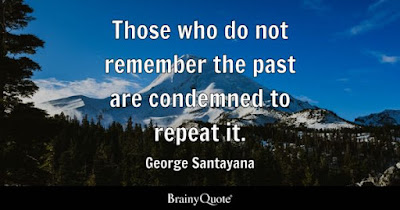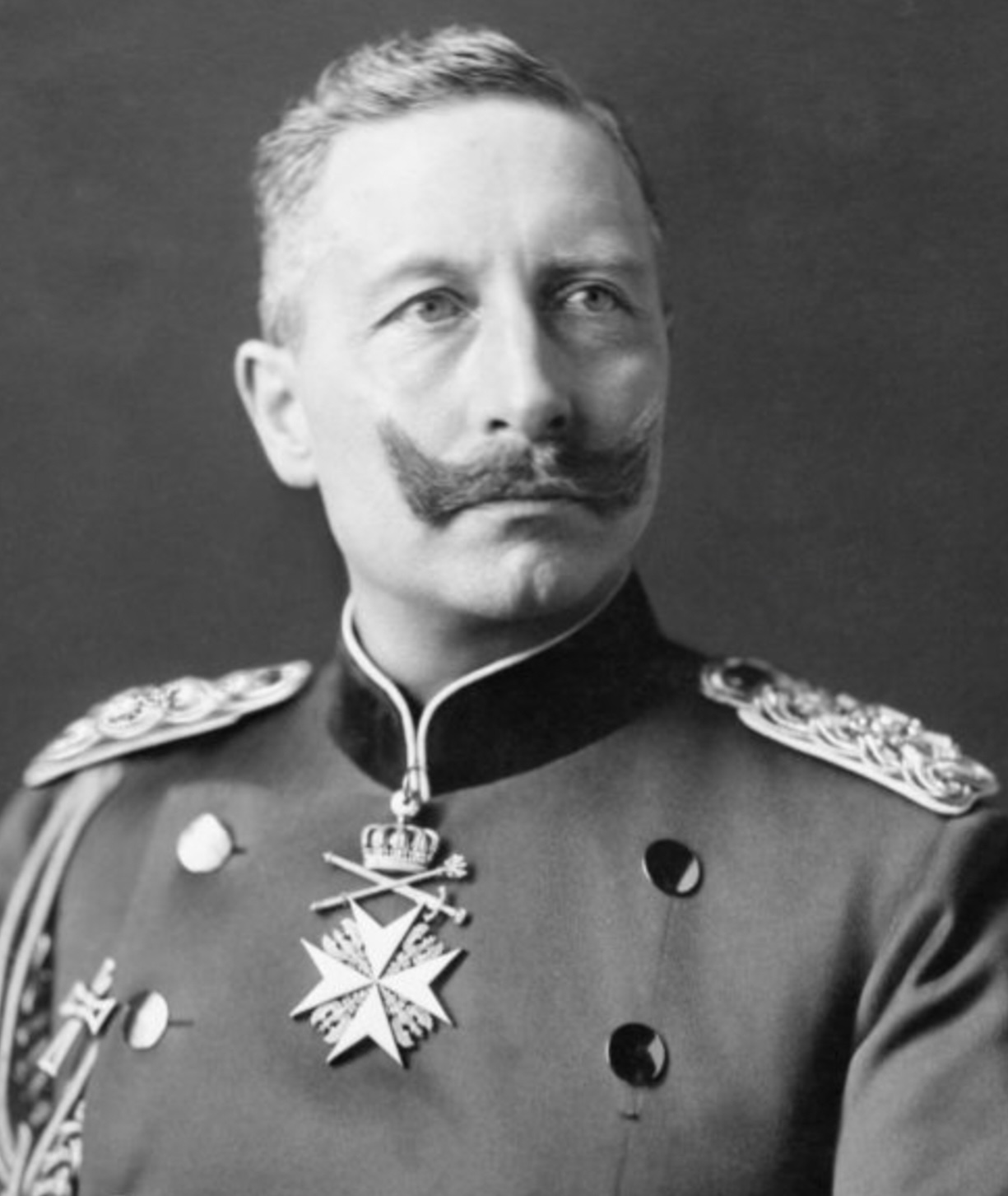Wendall--every other Thursday
I recently mentioned John Fowles and The French Lieutenant's Woman to my students and saw utterly blank faces. That prompted me to revisit this post about him, since the "clicking" phenomenon only increases and the quote from Daniel Martin that has haunted me since 1978 is more and more relevant.
John Fowles has had an enormous impact on me as a reader and
a writer, ever since I swiped my parents’ Book of the Month Club copy of The
French Lieutenant’s Woman at age eleven.
 |
The first U.S. edition cover.
|
The cover of the book drew me in, immediately, and I still
have that worn original copy, which I carried to college with me and have kept
ever since..
The first paragraph, one long, glorious sentence, grabbed me
instantly, with a phrase that still burns in my brain— “. . . Lyme Regis
being that largest bite from England’s outstretched southwestern leg. . .”
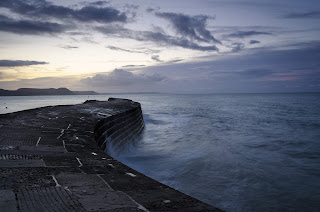 |
The famous Cobb in Lyme Regis. Years later, I visited this gorgeous spot.
|
The rest of that paragraph sent me to the dictionary to look
up the word "eponym,” and I
kept my Webster’s beside me for the rest of the read. Just Fowles’s words alone
probably got me through my SATs, and that
habit of keeping a dictionary handy has served me well ever since,
especially when I’m reading Cormac McCarthy.
Looking back now, as an author, I can truly appreciate the
book’s complex structure and revolutionary approach to point of view, along
with Fowles’s ability to weave themes of feminism, religion, sexual politics,
art vs. nature, and so many others through his work. At the time, I just loved
the book. His sentences went straight into me.
Of course I went on to devour everything of his I could find,
going backward to The Collector and The Magus (my first real
impression of Greece, Jeff!) and later forward to The Ebony Tower and,
when I was in college, Daniel Martin.
 |
As a college student, bought it hook, line, and sinker.
|
This quote from that book is the one I’ve been thinking
about lately:
“A lifelong avoider of other tourists, he had forgotten
the extent to which every man is now his own image-maker. It was almost
frightening, this obsession with capturing through one sense alone, and one
that required so little thought or concentration: a mindless clicking. It
encouraged the clicker not to remember, above all, not to feel. Perhaps it was
the ultimate privilege, on that ship already loaded with unfair advantage of a
cultural and economic kind: merely to duplicate seeing, to advertise in some
future that one had been there.”
At the time, this idea stopped me in my tracks. And in the
way only a college student can, I vowed to stop taking photos and, instead, to
be present and just burn things on my brain. I did my best to experience,
rather than document, for many years after that and I remember those years with
a fond, well-lit clarity.
But when I see photos from that period, taken by other
people, they also delight me and take me back. There are certain photos that I
wouldn’t trade for anything—like this one where my glasses are crooked, taken by
our “professional photographer” at the Little White Wedding Chapel in Las Vegas.
It so completely captures the spirit of our wedding, that it has pride of place
on our mantle and always makes me laugh. I am so grateful for it.
 |
Nothing like a professional photographer at your wedding!
|
But for someone who loves words, a world where images seem
to be the only acceptable currency feels out of balance. From Twitter’s word count
limit to Instagram, the whole planet seems to be embodying Fowles’s idea—"a
mindless clicking. It encouraged the clicker not to remember, above all, not to
feel." And was he right? Do we make a choice between documenting and
feeling?
Although I was late to smart phones, now that I have one, I
am as guilty as anyone when it comes to taking endless photographs. I have so
many, I had to buy extra space on Google. So, have I stopped feeling? What do
all those photos mean?
When I’ve been lucky enough to visit museums and see
photographs by Henri Cartier-Bresson, Cindy Sherman, Roy DaSilva, Diane Arbus, Ansel
Adams, or Dorothea Lange, there’s no lack of emotion there. It seems to be all
feeling.
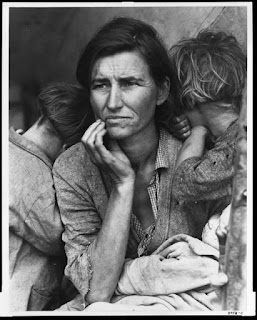 |
Dorothea Lange documented migrant workers and their families (public domain).
|
But photography as an art form is different from selfies
and Facebook cover photos. I wonder what Fowles, who was notoriously private, would
say about “the clicking” expected from an author today?
The pressure to document (and post) every appearance, every
encounter with another author, every book box opening, every recipe realized, every
panel, even details of our personal lives, can feel overwhelming.
 |
My husband, a smarter marketer than I, insisted I document this box-opening moment. There's a reason my face isn't in the picture.
|
Can we be
present and really meet and listen to our readers, and do selfies at the same
time? We can’t know what those photos mean to others, so it’s hard to say which
is more important in the long run. Maybe there’s been a redefinition of “Only connect.”
So
where’s the balance, between feeling in real time and remembering? Between our public,
photo-shopped selves and our deeper natures? How do all these photographs shape
our reality? It’s still a conundrum for me. I blame the Book of the Month club.
--Wendall






























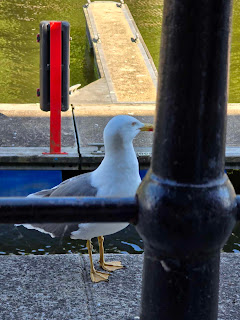










.JPEG)

.JPEG)






